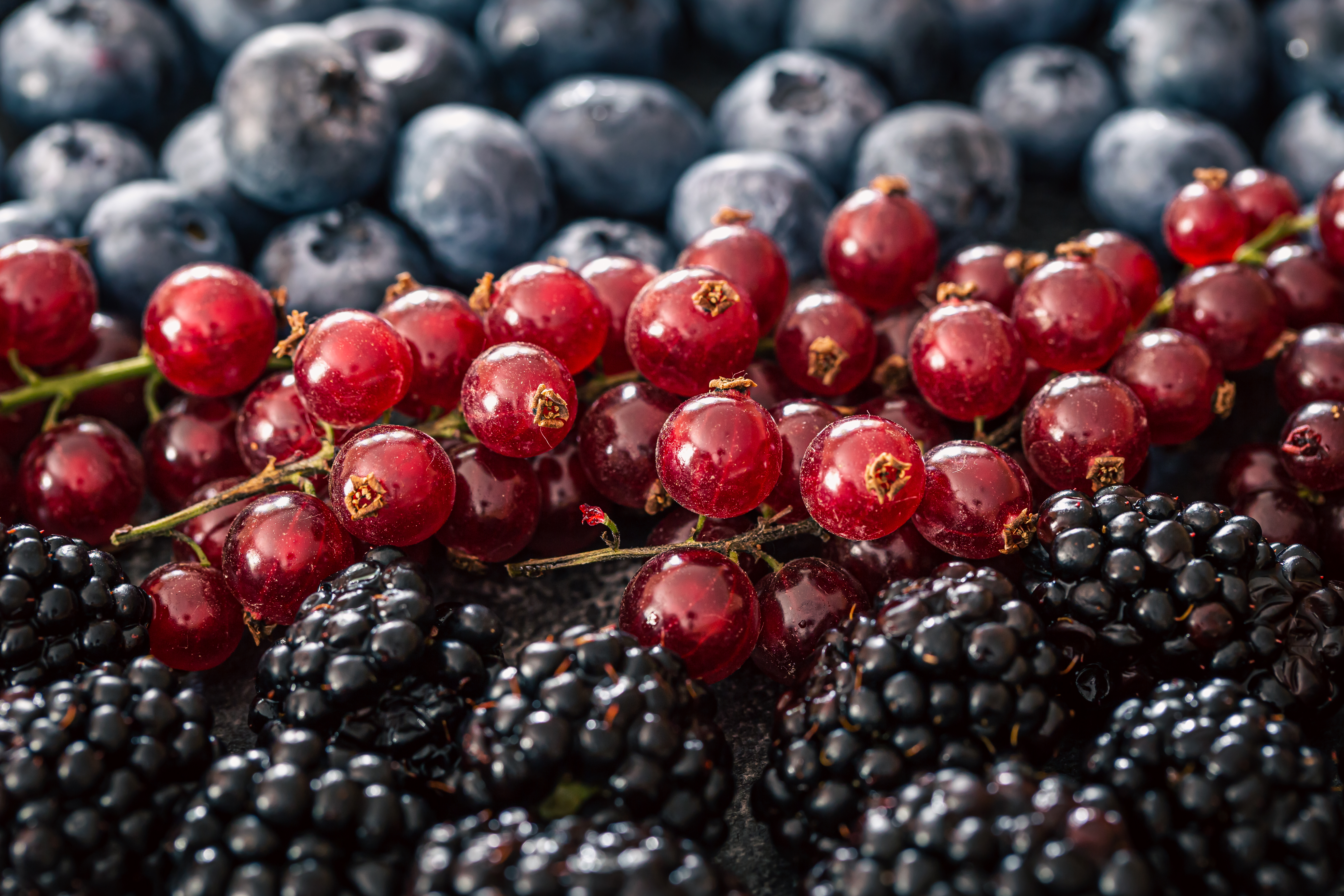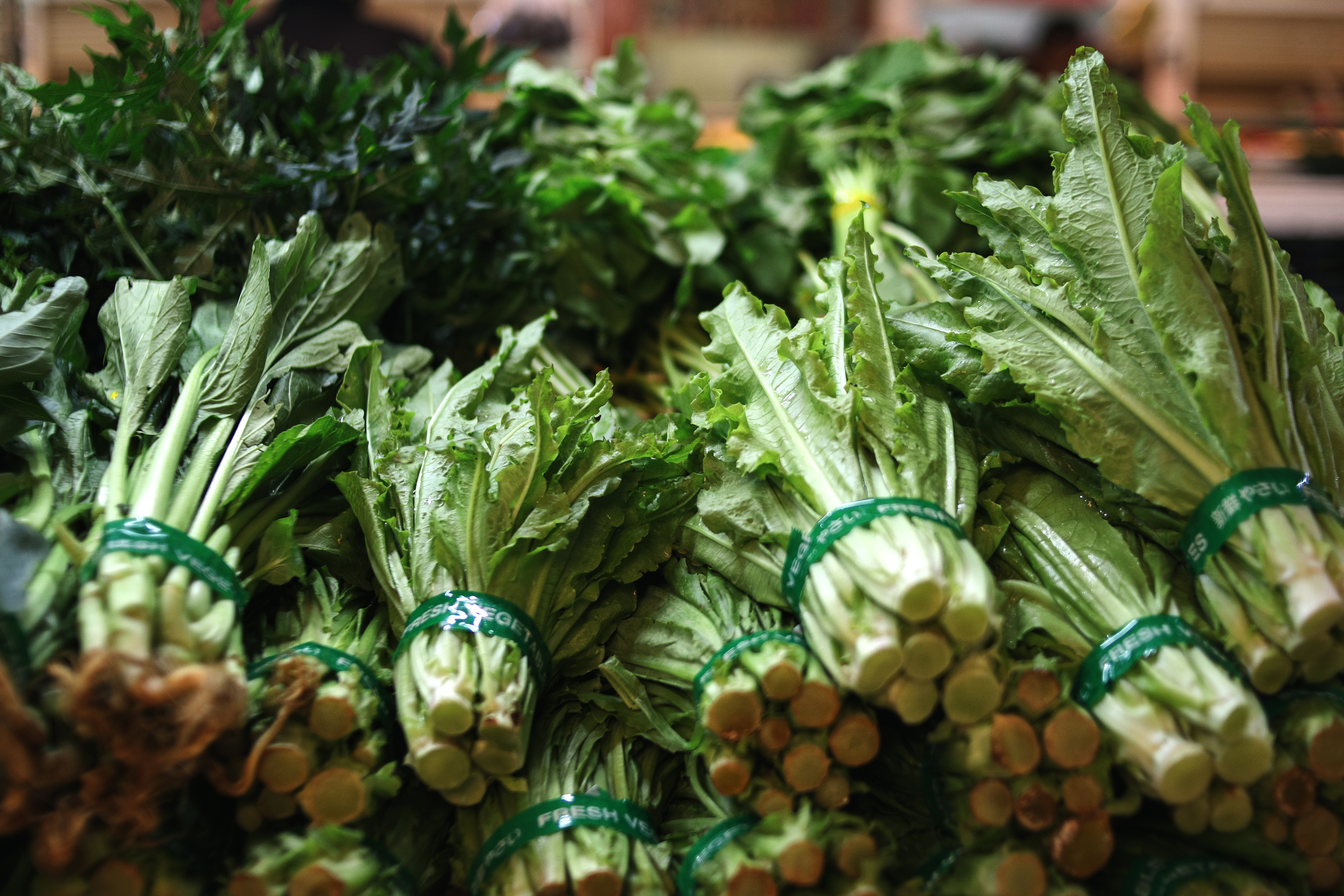13 Unexpected Foods That Fight Seasonal Inflammation
Inflammation is a natural response by the body's immune system to injury or infection, serving as a defense mechanism to heal and protect tissues. However, when inflammation becomes chronic, it can lead to a host of health issues, including arthritis, heart disease, and diabetes. Chronic inflammation is often fueled by lifestyle factors such as poor diet, stress, and lack of exercise. This condition is increasingly prevalent in our lives now, making it a significant concern for health professionals and individuals at risk alike. Understanding the root causes of inflammation and how to manage it is crucial for maintaining overall health and well-being. Diet plays a pivotal role in either exacerbating or alleviating inflammation. Certain foods have been identified as potent anti-inflammatory agents, capable of reducing inflammation and promoting healing. These foods are often rich in antioxidants, vitamins, and minerals that help to combat oxidative stress and repair cellular damage. By incorporating these foods into our diet, we can harness their natural healing properties to improve our health and prevent chronic diseases. This article will explore 13 such unexpected foods that have been shown to conquer seasonal inflammation and transform wellness. Let's get started!
1. The Power of Berries in Reducing Inflammation

Berries, including blueberries, strawberries, raspberries, and blackberries, are among the most potent anti-inflammatory foods available. Rich in antioxidants, particularly anthocyanins, berries help to neutralize free radicals and reduce oxidative stress in the body. Not only that, berries also help alleviate chronic inflammation and its associated health risks due to their high-fiber content that supports gut health and further reduces inflammation. Since a healthy gut microbiome is essential for regulating the immune system and preventing inflammation, the fiber in berries acts as a prebiotic, feeding the good bacteria in the gut and promoting a balanced gut health. While seasonal availability of berries varies, they can often be found fresh in the spring and summer months. During the fall and winter, frozen berries are a convenient and nutritious option.
2. Leafy Greens as Anti-Inflammatory Allies

Leafy greens, such as spinach, kale, Swiss chard, and collard greens, are nutritional powerhouses packed with vitamins, minerals, and antioxidants that help to combat inflammation. These greens are particularly high in vitamin K, a nutrient that plays a crucial role in regulating the body's inflammatory response. Vitamin K helps inhibit the production of pro-inflammatory cytokines and supports the body's natural ability to repair damaged tissues. By including leafy greens in your diet, you can help modulate inflammation with rich anti-inflammatory compounds, such as flavonoids and carotenoids. Leafy greens are also an excellent source of magnesium, a mineral that helps regulate the body's inflammatory response and supports the function of the immune system, making it an essential nutrient for combating inflammation. By incorporating a variety of leafy greens into your diet—whether eaten raw in salads, sautéed, or blended into smoothies—you have a versatile and nutritious addition to any anti-inflammatory diet.
